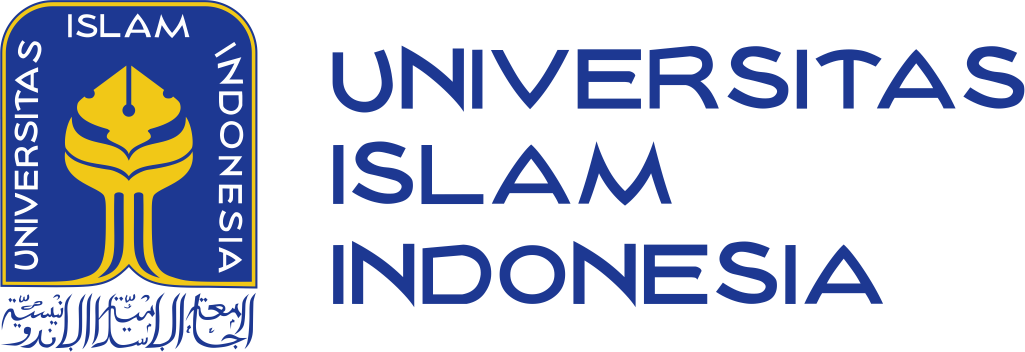Indonesians need to rethink party stereotypes
Hangga Fathana, Lecturer in International Relations, Universitas Islam Indonesia
Indonesians want to know how Australia’s election result will contribute to more positive relations with Indonesia.
Over the years, Indonesians have developed some interesting stereotypes toward political parties in Australia. Labor is perceived as somewhat Indonesia-friendly, as seen from its regional engagement agenda. Bob Hawke, Paul Keating, Kevin Rudd and Julia Gillard successfully shaped a positive image of Australia in the minds of Indonesians.
In contrast, the Liberal Party is viewed as Anglophile in its approach to foreign affairs. This somewhat restricts its ability to be a “good neighbour” to Indonesia. Australia’s intervention in East Timor during the Howard era exacerbated this image, and strengthened the idea that the Liberals’ top priority is being America’s ally in the region.
However, Indonesians have recently realised that these stereotypes were not entirely correct. Labor is not as friendly as expected and had been giving false hope for stronger relations between Indonesia and Australia. The 2013 spying scandal reshaped Labor’s image. Its leader, Bill Shorten, declined to criticise Tony Abbott’s refusal to apologise to the Indonesian government.
Similarly, Indonesians have found the Liberals not as hostile as once thought. The growing number of Australians studying in Indonesia under the New Colombo Plan has somewhat reconstructed the viewpoint of Indonesians towards the Liberal government.
Under such circumstances, assessing the impact of the upcoming election to Indonesia is not an easy task. It may also lead to false hope, as the two major parties have shared bipartisan views on Australia’s relations with Indonesia.
Whichever party wins the election will need a more comprehensive approach to strengthen Australia-Indonesia relations. The strategic partnership between the two countries should go beyond asylum-seeker and cattle-export policies.
Australia should embrace Indonesia’s future opportunities as one of the world’s emerging economies. And Indonesia should build a better understanding towards Australia by creating stronger awareness of its policies and parties.



